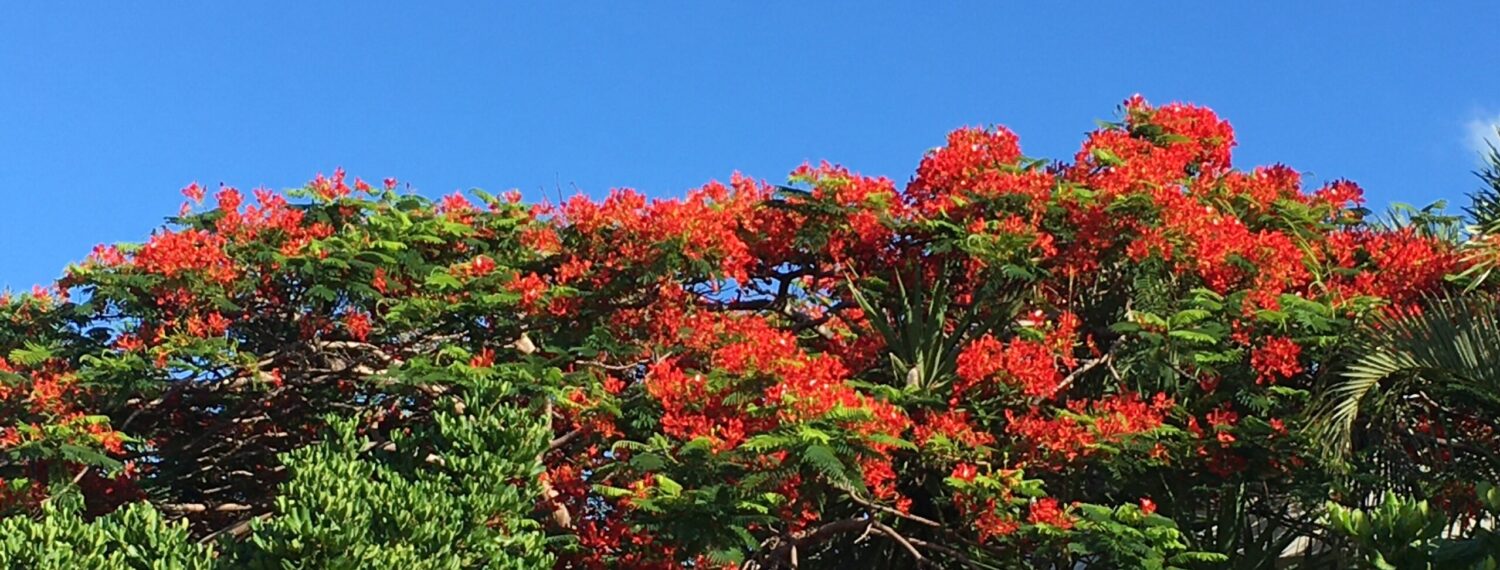The First Step
As Bodhisattvas, we have to live with the boundless qualities of love and compassion; that is wisdom extended towards all beings. But we have to start somewhere. What is the first step?
We start with one person. Recognize one person’s Buddha essence. For instance, it is easy to recognize the Buddha essence of His Holiness the Dalai Lama, but not Hitler or Chairman Mao. It is easy to have compassion for those who are oppressed, but what about the oppressors? We must include all beings in our compassion.
From the essential Dharma perspective, we cannot judge anybody, including ourselves. We must always have good will and understanding. It is so important to distinguish between the relative truth and Dharma truth, which is ultimate and does not exclude anybody.
If we are not mindful, it is very easy to judge, to condemn, because this tendency is very subtle.
From the perspective of a Bodhisattva, we practice love and compassion towards everybody, recognizing their Buddha essence. We practice love and compassion to recognize our own essence as well. Love and compassion are the natural expressions of this essence. This understanding should transform our perception radically.
Compassion is beyond our ordinary samsaric perception, which usually approaches phenomenon with reactions to appearances, and reactive judgments of good and bad. Compassion does not exclude anybody.
But we have dualistic radar that is constantly assessing, interpreting, scrutinizing inner and outer environments, and this is based on ego, on the sense of “I.” This activity, the material busyness, is actually true spiritual laziness.
But pure vision, which transcends the sense of “I” by seeing it as merely a fabrication, embraces all beings, all situations, all experiences as reflections of itself as love and compassion. This is the pure land of Akanistha, which is our pure perception. So when we make aspirations to be reborn there, we are aspiring to have pure perception towards all beings, not separating, excluding, or judging. All beings are ourselves. Everyone becomes us and we become them. There is no separation between anyone. There is no self and other. There is one enlightened field; a unified field of awareness-being. This is the state of liberation.
Happiness
Happiness has nothing to do with anything external. We can be in the most dreadful situation, but with pure perception, and everything is the pure land. Within the state of rigpa, everything is pure. There is the fearlessness of quietude because our minds are purified. This is liberation, enlightenment, and cannot be altered.
Happiness and suffering do not come from outside, which is contrary to our present philosophy. We are always trying to invite positive, favorable circumstances and avoid negative circumstances.
However, when we adopt spiritual disciplines, we must experience a shift in our view of reality. The right view is most important, having the right view of the nature of reality. For example, I can change the external details of my life, like diet, exercise, and lifestyle, but to change the inner view requires tremendous sacrifice of the tiny little ego. However these external changes can be worthwhile because they are symbolic—they remind us about the inner view, and encourage us to continue unfolding our natural spiritual qualities.
My teacher, Lama Tsultrim Gyamsto, always asked whoever came to him to make a commitment to practice, upholding at least one vow. This was to hold a symbolic reminder in one’s mind about the commitment to transformation. This is very auspicious for us because it helps us to follow through with the true change, which comes from within one’s self, purifying habitual tendencies and unfolding natural Buddha qualities.
Source: Used with permission from https://sourcepointglobaloutreach.org/what-we-offer/
